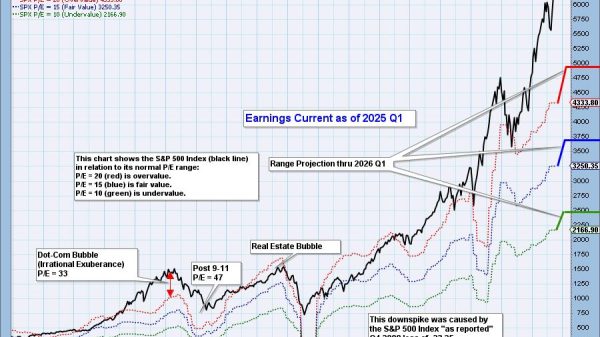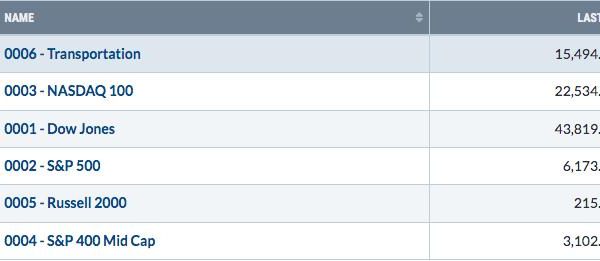Unipec Caps Cheapest Oil Prices Despite Saudi Cuts
In today’s ever-evolving global economy, finding the cheapest oil prices is a priority for both consumers and businesses alike. As oil prices continue to fluctuate, understanding the factors influencing them becomes crucial. Oil prices experienced a slight decline as investors awaited a Federal Reserve meeting to assess the central bank’s stance on further rate hikes. The market was also affected by concerns regarding China’s fuel demand growth and an increase in Russian crude supply.
The additional reduction in oil production by Saudi Arabia, along with our anticipation that OPEC+ will prolong 50% of its voluntary reduction from April into the year 2024, is expected to only partially mitigate the negative impacts caused by these unfavorable circumstances.
During early trading, Brent crude futures dropped by 29 cents, or 0.4%, reaching $74.50 per barrel by 0058 GMT. Similarly, US West Texas Intermediate (WTI) crude fell by 24 cents, or 0.3%, to $69.93 per barrel. This article delves into the fascinating world of crude oil fractional distillation, shedding light on the process and its impact on the cost of oil. Furthermore, we will explore the implications of fractional distillation in a hypothetical scenario involving 500 litres of oil. So, buckle up as we embark on this enlightening journey.
Crude Oil Fractional Distillation: An Overview
Crude oil is a complex mixture of various hydrocarbon compounds. To harness its energy potential, it must undergo fractional distillation, a fundamental process in the oil industry. This process involves heating crude oil until it vaporizes and then condensing the vapors at different temperatures to obtain various petroleum products. Each product has distinct properties and uses, and their prices vary accordingly.
Francisco Blanch from Bank of America Global Research stated, “Oil prices are caught in a clash between two opposing forces, bearish asset allocators who point to monetary contraction and bullish oil speculators expecting lower inventories in 2H23.” Blanch added, “The bearish allocators will maintain the upper hand for now, as oil prices struggle to rally until the Fed eases money supply.” Bank of America Global Research predicts an average of $80 per barrel for Brent crude in 2023.
During the fractional distillation process, crude oil is subjected to different temperature levels. This technique exploits the varying boiling points of the hydrocarbons present in the crude oil. Lighter hydrocarbons, such as gasoline and jet fuel, have lower boiling points and thus evaporate at lower temperatures. On the other hand, heavier hydrocarbons like diesel and lubricating oils have higher boiling points and require higher temperatures for vaporization. This separation of hydrocarbons based on their boiling points is what gives rise to a spectrum of petroleum products.
Implications of Crude Oil Fractional Distillation on Prices
The cost of petroleum products directly relates to the fractional distillation process. As certain products are more in demand than others, their prices are higher. For Instafuels, gasoline, and aviation fuel are extensively used, resulting in higher market demand and, consequently, higher prices. Conversely, products like heating oil and lubricating oils often have lower demand and are thus priced more affordably.
To illustrate this point, let’s consider a hypothetical scenario involving 500 litres of oil. Through fractional distillation, this crude oil could yield a significant quantity of gasoline, which is in high demand. On the other hand, the same amount of oil would produce a comparatively smaller volume of heating oil, which has lower demand. As a result, the heating oil price forecast for the 500 litres of oil would likely be more economical than the price forecast for the gasoline obtained from the same volume.
Impact on Petroleum Prices and Supply Dynamics
Understanding the intricacies of crude oil fractional distillation helps us comprehend the varying prices of petroleum products. Goldman Sachs has revised its oil price forecasts downward due to higher-than-anticipated supplies from Russia and Iran. The bank has also increased its 2024 supply forecasts for these two producers and Venezuela by a total of 800,000 barrels per day. Consequently, Goldman Sachs now predicts a December crude price of $86 per barrel for Brent, down from $95, and $81 per barrel for WTI, down from $89.
By employing this technique, the oil industry efficiently separates different hydrocarbon compounds, allowing us to produce a wide range of products. The cheapest oil prices can often be found among products with lower demand, such as heating oil and lubricating oils. Whether you are a consumer seeking affordable heating solutions or a business aiming to optimize costs, the knowledge of fractional distillation is invaluable.
Regarding supply, despite Saudi Arabia’s repeated commitments to reducing oil production in the past year, Russian supply has remained steady due to sanctions that were designed to have a limited impact on output. Russian oil exports to China and India have continued to grow despite the implementation of the European Union’s embargo and the Group of Seven’s price cap mechanism, which began in early December.
The post Unipec Caps Cheapest Oil Prices Despite Saudi Cuts appeared first on FinanceBrokerage.






















